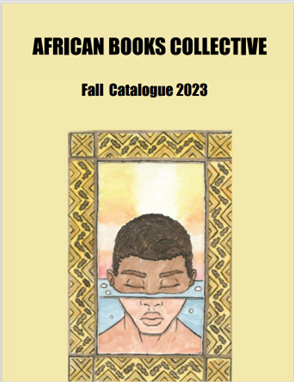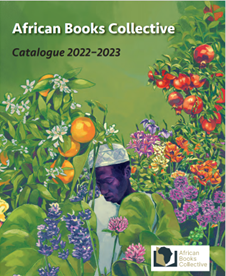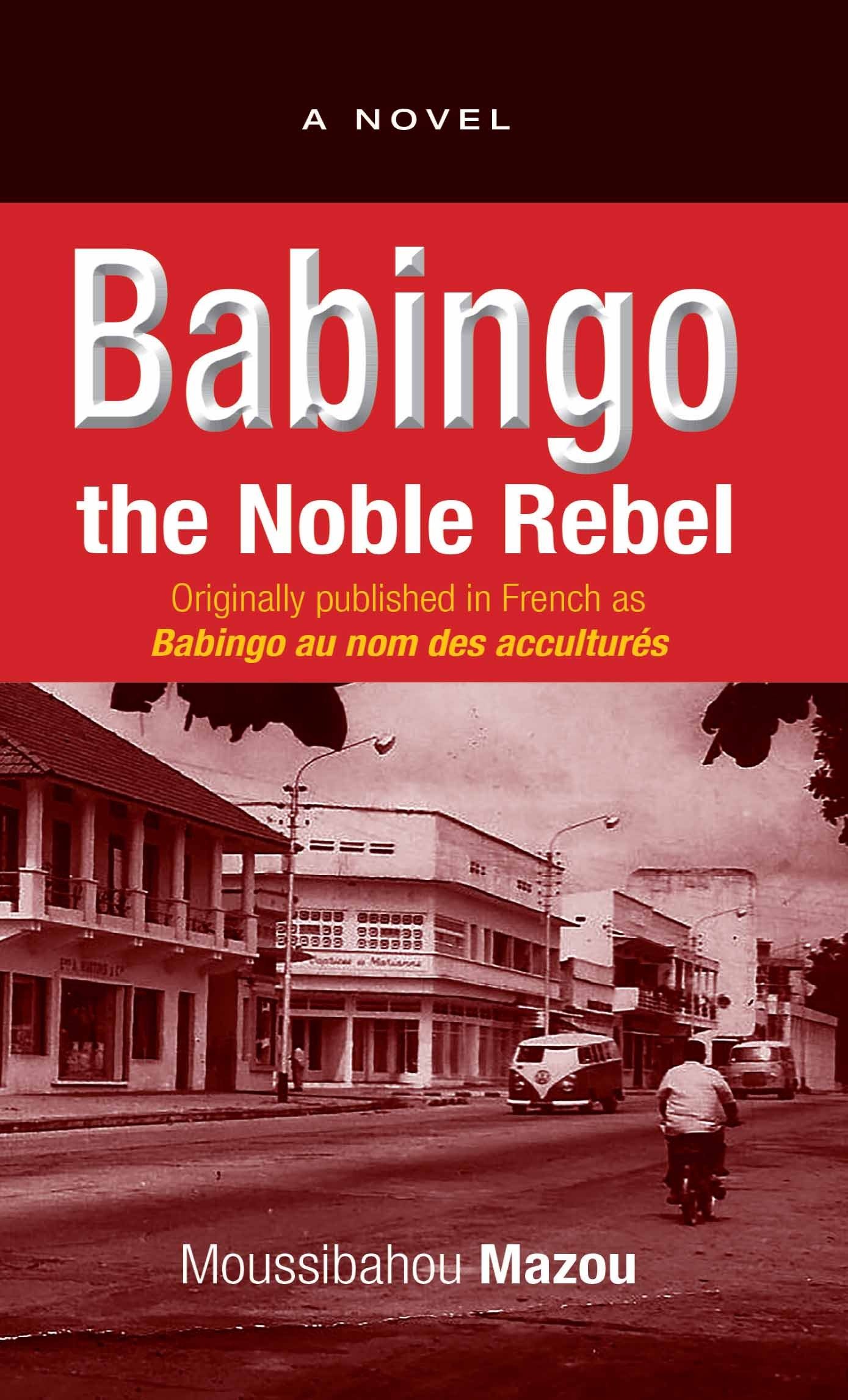
Global Pathways: Expanding the Reach of Lusophone African Literature & Publishing
#Featured on Homepage
Join us for a webinar with African Books Collective (ABC) as we explore how PALOP publishers can break barriers and reach global readers. Don’t miss this conversation on boosting the visibility of Lusophone African literature!

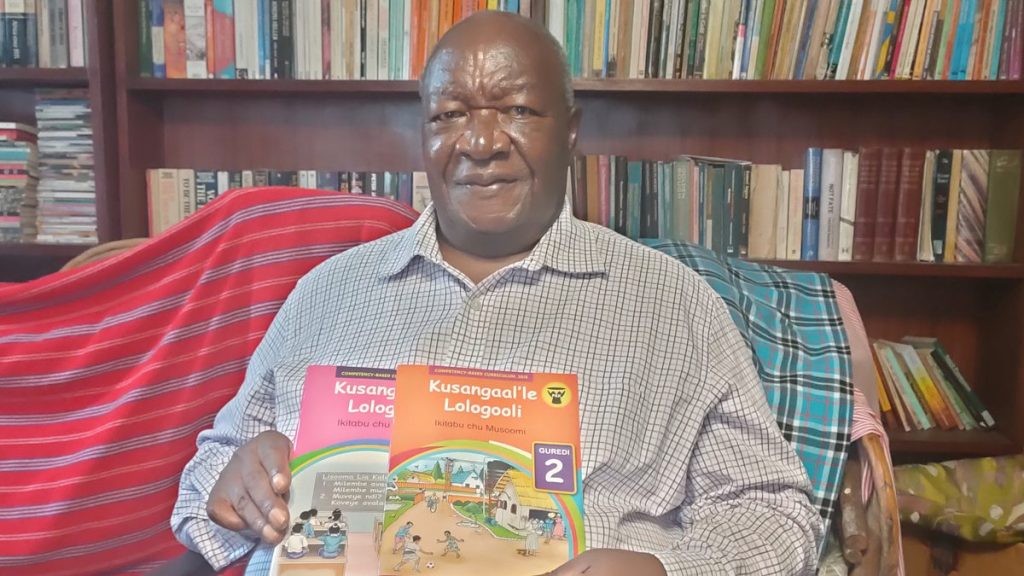
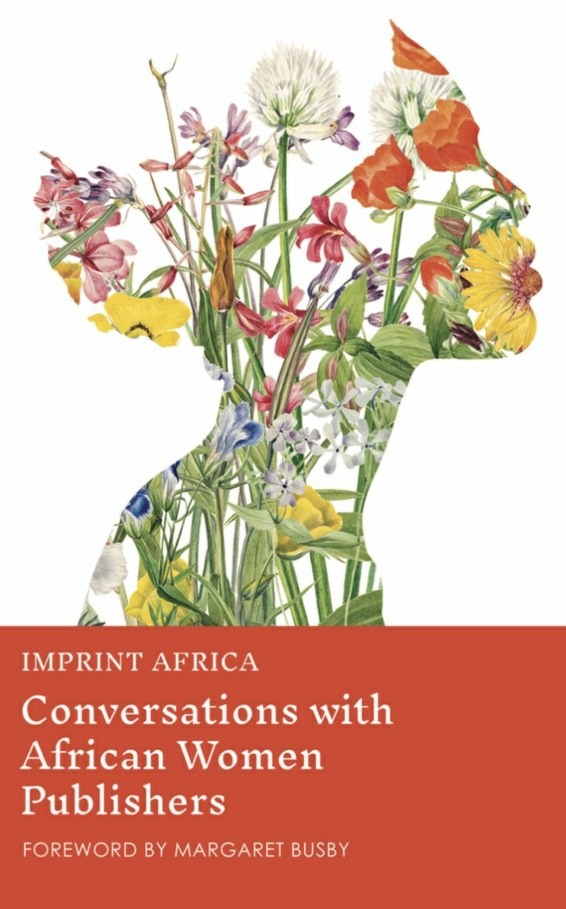



.png)































